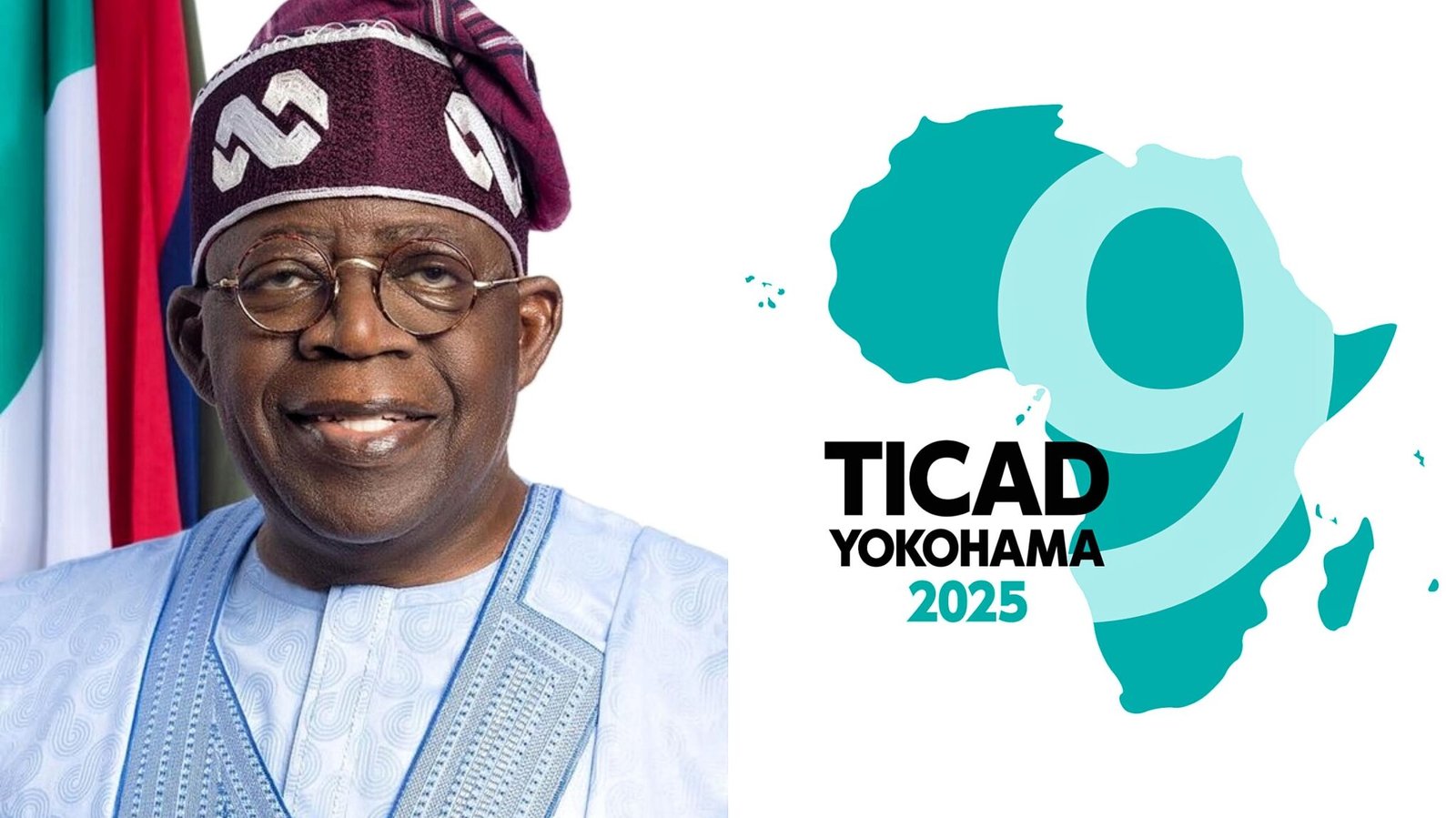Japan has unveiled a financing framework of up to $5.5 billion for Africa, to be deployed with the African Development Bank (AfDB) and catalysed by JICA’s Private-Sector Investment Finance. The pledge came from Prime Minister Shigeru Ishiba at TICAD9 (Aug 20–22) and sits alongside a broader ambition to train tens of thousands of AI specialists for the continent.
The origin story: from TICAD to EPSA to today’s deal
TICAD which was launched by Japan in 1993 reflected their goals and objective its theme in the TICAD9, “Co-create innovative solutions with Africa.” This signals continuity with that philosophy and an emphasis on private-sector-led growth, women and youth, and regional integration.
Behind the new $5.5bn envelope is a tested mechanism: JICA’s PSIF (Private-Sector Investment & Finance), which provides loans and equity to crowd in private capital for high-impact projects.
Over the past decade, PSIF has increasingly teamed up with MDBs like AfDB to scale up infrastructure, climate and industrial investments.
On the AfDB side, this builds on the Enhanced Private Sector Assistance (EPSA) initiative, Japan’s long-running ODA platform with the Bank that has financed African private-sector development across multiple EPSA cycles (EPSA4 alone targeted $4bn).
In short: what Ishiba just announced is not a one-off splash; it’s the next, larger wave of a 15-year Japan AfDB co-financing model.
Tinubu’s message in Yokohama
At TICAD9’s Peace & Stability plenary, President Bola Tinubu praised recent gains by Nigeria’s armed forces and argued that lasting stability demands tackling the economic roots of insecurity not just the violence itself.
He also renewed Nigeria’s call for UN Security Council reform to secure permanent African seats with veto rights, echoing the Ezulwini Consensus/Sirte Declaration.
Why the $5.5bn matters (and how Nigeria can actually benefit)
1) Cheaper, longer-term capital for real projects.
When JICA money is blended with AfDB lending, Nigerian projects can access longer tenors and lower rates than typical commercial finance vital for assets with long paybacks (power, transport, water).
Expect much of this to flow through AfDB sovereign and private-sector windows, with PSIF co-investments where bankable.
2) A boost for energy transition and grid stability.
AfDB has already seeded Nigeria-specific work e.g., a battery energy storage (BESS) feasibility study approved in July to help integrate renewables and stabilise the grid.
The Japan–AfDB envelope can take such studies into construction finance if projects prove bankable. Think: utility-scale BESS near load centres, solar-plus-storage for industrial clusters, and grid reinforcement.
3) Industrial corridors and AfCFTA logistics.
TICAD9’s focus on regional integration dovetails with AfDB/JICA interest in “smart corridors”—data-enabled transport links that cut the cost of moving goods.
For Nigeria, that means opportunities around Lagos-Ibadan-Kano (rail/road dry ports), Lekki deep-sea port linkages, and West-Africa trade routes that reduce logistics bottlenecks for manufacturers.
4) MSMEs, women and youth pipelines.
JICA PSIF and AfDB lines of credit can be channelled via local banks into SME lending, especially for women-led and youth-led firms in light manufacturing, agro-processing and digital services areas Japan highlighted as priorities at TICAD9. Nigeria’s DFI ecosystem (BOI, DBN) can position to on-lend.
5) Skills and technology spillovers.
Japan’s promise to help train AI talent is not abstract; it typically arrives through funded programs, exchange, and university–industry hubs.
If Nigeria lines up centres around manufacturing automation, ag-tech and cybersecurity, it can convert training pledges into exportable services and productivity gains.
The bigger picture
Japan’s renewed Africa push also reflects geopolitics: Tokyo is competing for influence and supply-chain resilience while Africa seeks capital and technology without debt traps.
The Yokohama Declaration expected from TICAD9 aims to codify this into a shared roadmap. For Nigeria, the opportunity is real but execution dependent: only shovel-ready, well-structured projects will catch this wave of capital.
As seen in a post on X by Idris Ayodeji Bello, Nigeria had no one to present at their booth in the country stand “…and then you come to the giant of Africa and there’s zero people there..”. The innocent post gained so many views and interactions on X until someone finally appeared.
This happened on the first day of the conference. Hopefully, surprises like this internationally and locally come to a halt.

